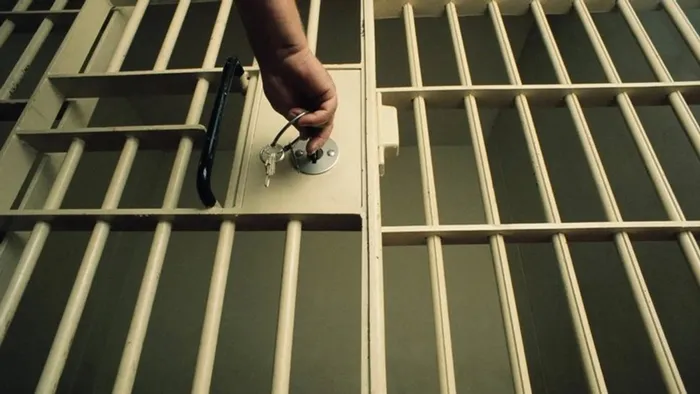
A transgender prisoner will turn to the Equality Court on Friday in a bid to be treated like a woman by prison officials.
Image: File
Lawyers for Human Rights (LHR) will appear before the Gauteng High Court, Johannesburg, sitting as the Equality Court, on Friday to represent a transgender woman challenging what she deems the discriminatory and degrading treatment she is experiencing while incarcerated at Johannesburg Correctional Centre.
The application, brought by inmate Nthabiseng Mokoena, is launched against the Department of Correctional Services, the minister and other officials, on the basis that their conduct violated her constitutional rights to dignity, equality, and freedom from unfair discrimination.
Mokoena argues that the department has entrenched systemic discrimination against transgender inmates by refusing to recognise their gender identity and denying them basic gender-affirming rights.
The violations she claims include refusal to use her chosen name and pronouns, denial of her gender expression (clothing, cosmetics, toiletries), verbal harassment, and bullying.
Beyond addressing this alleged discrimination, the application seeks directives from the court, which includes an order compelling the respondents to provide her with gender-affirming healthcare, as well as assistance in legally changing her name and gender marker.
This case also seeks a directive for her to be housed in a single cell or with other inmates who share her gender identity, in line with the department’s Standard Operation Procedures.
Mokoena states: “The transphobia within DCS senior management is undeniable. There’s a clear difference in how heterosexual inmates are treated compared to members of the LGBTQI+ community.”
According to her, the LGBTQI+ community is often treated as less than human.
“When we are hurt or attacked, no one speaks up or does anything to help. Those who harm the LGBTQI+ community are never held responsible. What is worse, when we try to defend ourselves or speak out about the unfair treatment, we are the ones who get punished.”
She has been in jail since 2013, and is held in a section of the prison for persons with special needs. In painting her background, she said that at 17, she started exploring her sexual identity and started wearing women’s clothing. She also struggled to look in the mirror and saw a boy staring back at her.
She left school at the time and fell in with the wrong crowd, which eventually led to her arrest on charges that included murder and robbery.
Before her arrest, she wanted to take steps to affirm her gender identity as a woman, including changing her gender marker on her identity document.
Several medical experts have, meanwhile, examined her, and they have concluded that she needs to transition medically and that she should have access to gender-affirming care in the form of hormone replacement therapy.
The various respondents deny that they are discriminating against Mokoena or harassing her. Because of space constraints, they cannot house her in a single cell, and thus she must be housed with the only other LGBTQI+ inmate, they argued.
According to the department, they have standing operational procedures in place, and they have been treating these prisoners with dignity since the Jade September judgment issued in 2019, which dealt with similar issues.
The Equality Court at the time ordered prison officials to allow September to wear female underwear, keep her hair long, and wear make-up. It also ordered officials to address her as a woman through the use of the female pronouns when referring to her.
The department was also ordered to introduce transgender sensitivity training for current and new employees.
The LHR, meanwhile, said it believes that tomorrow’s case is of critical importance in advancing the rights of transgender individuals, particularly those in vulnerable positions within the correctional system.
Cape Times
Related Topics: